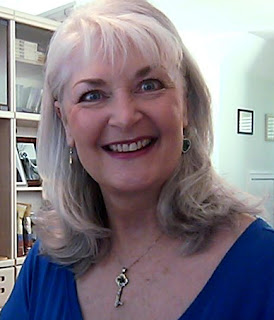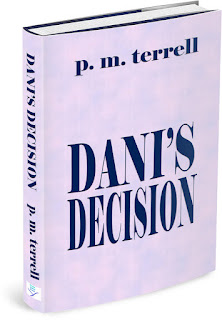I have often heard that no experience is ever lost on a writer. This is true not only for current events but also for our memories. If we were lucky enough to have older generations share their memories with us, we harbor those images within ourselves because they, too, may have made us who we are.
A chance conversation recently took me back to the 1971 Mississippi Delta. A family member mentioned legislation that is now before the Supreme Court, and my life flashed back in an instant.
My father is a former FBI Agent. In 1967 amid the Vietnam War and Civil Rights Movement, he was transferred from the New York office to the Mississippi Delta. He was the Senior Agent in Charge (SAC) of the Greenville office, the largest field office outside Washington, DC. It was a tumultuous time, and as I began writing my latest book set against that backdrop, I realized how much this country had changed and yet, how much had remained the same.
I avoided controversial subjects throughout most of my writing career, recognizing my readers probably fell on both sides of an issue. After that chance conversation, I could not shake the idea of writing a fictional story about the attack of a young woman in 1971 Mississippi who discovered she was pregnant with the assailant’s child. The book was meant to show the options—and lack thereof—that were available to a young woman facing an uncertain future and society’s judgment. Seventeen-year-old Dani had her entire life planned out, or so she thought; she was engaged, graduating from high school, and embarking on a journalism career and college. Everything changes one fateful night when she is attacked in her own home by a stranger.
In writing about 1971 Mississippi, I encountered many of the issues still being fought and debated today: women’s reproductive rights, class systems, racial inequality, unpopular wars, and misogyny.
Here are a few tips for writing about the past:
(1) Choose an era with conflict. There are reasons why authors set some of their greatest works against times of war, such as Doctor Zhivago, War and Peace, Gone with the Wind, and others. There are other types of conflict, such as the suffrage movement, civil rights, the rise of unions, and the settling of the west.
(2) Find hope in the chaos. Readers seek inspiration, particularly in dark or troubled times. Even amid war, love can be found. In times of hardship, there are success stories. During times of economic depression, someone is rising to the top. The tougher the climb, the sweeter the victory.
(3) Weave historical facts into the storyline. Selecting a time of historical significance and then weaving parts of that history through the plot lends authenticity to your story. Readers may recognize the backdrop and empathize more strongly with certain characters if they are recent events, but even those from centuries past can evoke strong emotion. Check your facts carefully; your credibility could suffer if you get them wrong.
(4) Make the story personal. I’m sure some of us dozed through at least one history class. The likely reason is we were not connecting to the facts and figures. When you introduce characters we love or hate into the historical backdrop, readers become invested in what happens to them. It’s what made Michael Shaara’s and Jeff Shaara’s historical books bestsellers.
(5) Don’t preach. Allow your characters to tell the story through their actions and their challenges. To this day, we instinctively know the nature of an Uncle Tom, Simon Legree, Scrooge or Hannibal Lector. In my book, Dani’s Decision, I remained on a thin line, never leaning too far in one direction or another as Dani contemplated her future. It fascinates me that the ending differs in the readers’ minds depending upon their own beliefs and morals. I had never before written a book with such unexpected and varied reactions.
And sometimes, reading a book in a different era tells us that we will be all right. The world survived past plagues, wars, and seemingly insurmountable challenges. We know we will prevail again, and we will flourish again. There is always hope amid the chaos.
p.m.terrell is the internationally acclaimed, award-winning author of more than twenty-five books, including historical fiction, creative nonfiction, and contemporary suspense. She is the co-founder of the Book ‘Em Foundation and founder of the annual North Carolina Book ‘Em Writers Conference and Book Fair. Both raise awareness of the correlation between high illiteracy rates and high crime rates and raise money to promote and increase literacy. She divides her time between North Carolina and her ancestral home in Ireland. She is an avid supporter of animal rights and has welcomed seven rescue dogs into her family.
Website: https://pmterrell.com/
Facebook: pmterrell.author
Twitter: @pmterrell
Amazon: https://www.amazon.com/P.-M.-Terrell/e/B001JOXFXK



Thank you for hosting me here today. I'm happy to answer any questions anyone might have about writing historical fiction - or writing in general. Thank you, Suite T, for all you do for writers!
ReplyDeleteI also recommend reading this book. Lots of interesting information. Real money casino 1 deposit casino uk is a fantastic site with a wide selection of games and award-winning promotions.
ReplyDelete